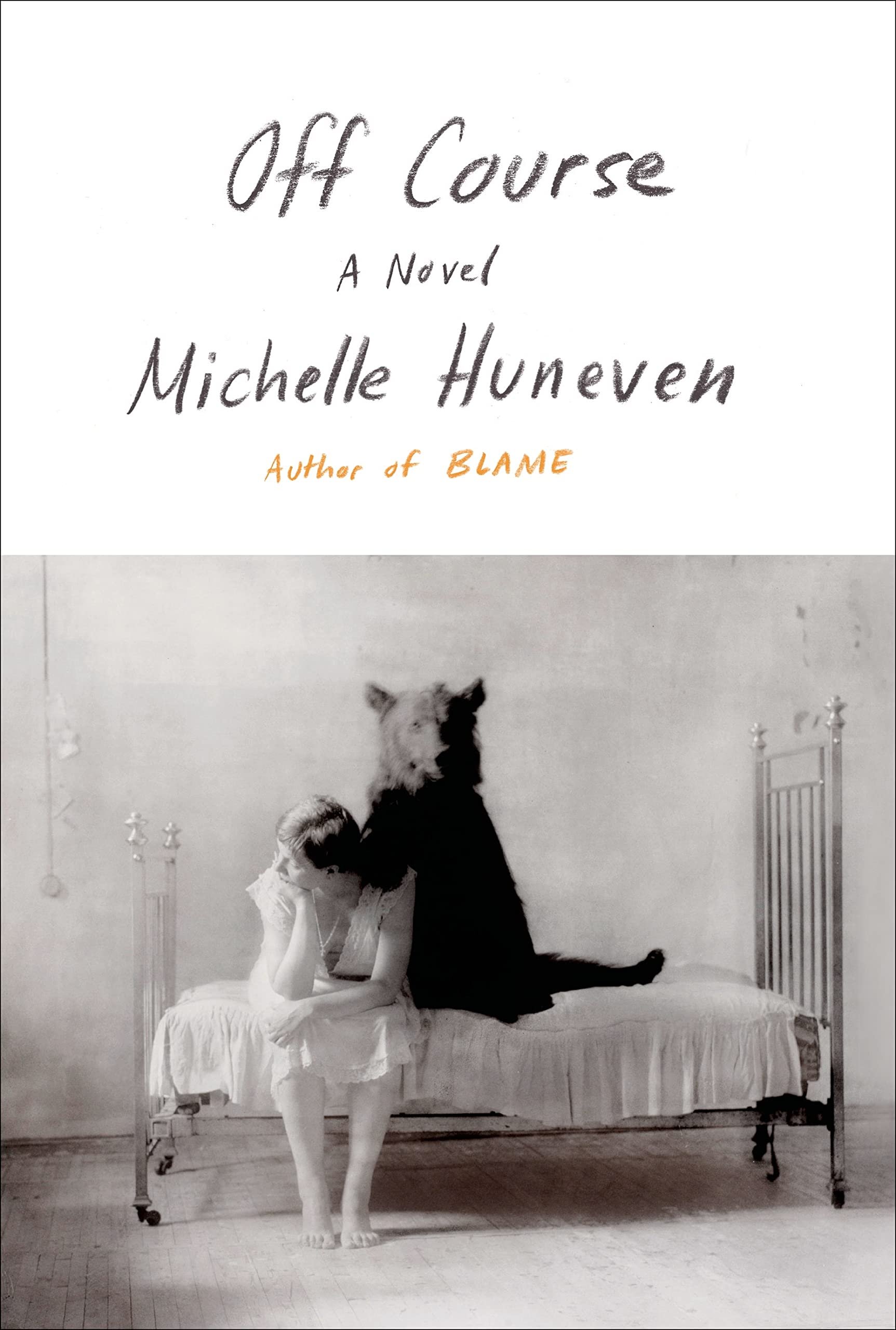OFF COURSE
The year is 1981. The United States has just installed Ronald Reagan in the White House, and Cressida Hartley, a Ph.D. candidate in economics, has relocated to her parents' A-frame in the Sierras. There, she plans to finish her dissertation on art in the marketplace, but instead Cress finds herself drawn into the life of this small community—and into the orbit of Jakey Yates, the owner of the local lodge. When she takes a part-time job with a contractor, she meets the Morrow brothers, and her distractions begin to multiply.
As Cress falls prey to her own perilous reasoning, she strays into dark new territory, where she becomes subject to uncontrollable forces from both within and without. At once sharply observed and utterly enthralling, Off Course evokes the pull of an intense, impossible connection and reveals what happens when two people can't let go of one another or their previous commitments.
LISTED IN:
30 Books You Need to Read in 2014
Huffington Post
Most Anticipated: The Great 2014 Book Preview
The Millions
WHERE TO BUY
Praise for Off Course
“Any novel that has a bear and casual sex in the first chapter has to pay off somehow, and this one, Huneven’s fourth, is full of surprises. Cressida Hartley, with an economics dissertation to write, holes up in her parents’ home high in California’s Southern Sierra, and gets distracted by the locals: the bar scene, the builders, the small pool of social contacts, among them a goaty guy and a married man. Months go by, and she veers into obsession, despite her reserve and her determined realism. Huneven’s touch is sure, and her protagonist is simultaneously sympathetic and maddening. The landscape descriptions are erotic, and the erotic scenes have near-hallucinatory power.”
“An extended, excruciating romance with a married man derails a California graduate student in Huneven’s latest (Blame, 2009, etc.).
In the fall of 1981, Cressida Hartley moves up to her family’s weekend cabin in the Sierras with the hope of finishing her Ph.D. dissertation, even though she’s grown increasingly unenthusiastic about pursuing a career in economics. A lighthearted fling with the owner of the local lodge introduces her to the close-knit, not to say gossipy, community of year-round residents, who are censorious when Cress embarks on a dangerous relationship with Quinn Morrow, a married carpenter. He’s still reeling from the suicide of his father 10 months earlier, and Cress is the first person to notice. Sylvia, Quinn’s wife, is fragile and always needs to be sheltered; Quinn is yearning for someone who will listen to him. Huneven creates a detailed, moving portrait of two people who initially think they can have a no-strings affair but are drawn into something much more serious and damaging. Quinn leaves Sylvia, goes back, leaves again, goes back again; Cress ignores her dissertation, takes a job waitressing and waits around for him to make up his mind, alarming her friends and family with her deteriorating emotional and physical state. Huneven’s well-written narrative is emotionally credible, although Cress’ passivity becomes frustrating in the novel’s final third: She is reduced to the role of a mistress, waiting haplessly for occasional visits, as several years fly by. The final pages show her finishing her dissertation, embarking on a freelance journalism career and rebuilding her life, without ever losing “the feeling that a part of her had been left behind, as if her soul were invisibly married to Quinn.” The painfully sad ending suggests that he may have felt the same, but it didn’t do either of them any good.
Sensitive, reflective and uncomfortably true to life, with a wonderfully rich cast of supporting characters”
“When Cressida Hartley moves temporarily into her family’s cabin in the Sierras in the early 1980s, ostensibly to finish her economics dissertation, Jakey—the stereotypical burly backwoodsman—immediately poses a distraction. But their tryst doesn’t lead to a happily ever after: it proves to be only a prologue to the main story. After Jakey loses interest in her, Cress finds a less likely romantic partner in Quinn, a somber carpenter grappling with his father’s suicide who has been married for 19 years. With unflinching emotional honesty, Huneven chronicles their passionate four-year affair, during which time Cress’s family and friends urge her to leave the mountain and begin her career. . . . But while Huneven’s latest will likely disappoint romantics, Cress makes for an eerily relatable and heartbreaking protagonist.”
“Huneven has always been a real writer’s writer, with a pair of New York Times Notable Books and a Whiting Writers’ Award to her name; to my mind, she proved herself definitively with her last title, the morally penetrating Blame, a National Book Critics Circle finalist. Here, in the Reaganomics-drenched 1980s, Cressida Hartley retires to her parents’ rundown A-frame in the Sierras to finish her dissertation on art in the marketplace. But she finds herself far more intrigued by the local community, first allowing herself to be seduced by a local lodge owner and then becoming involved with two carpenter brothers who are handsome, gifted, and married. Does she have a market price in this intriguing but ingrown community?”
